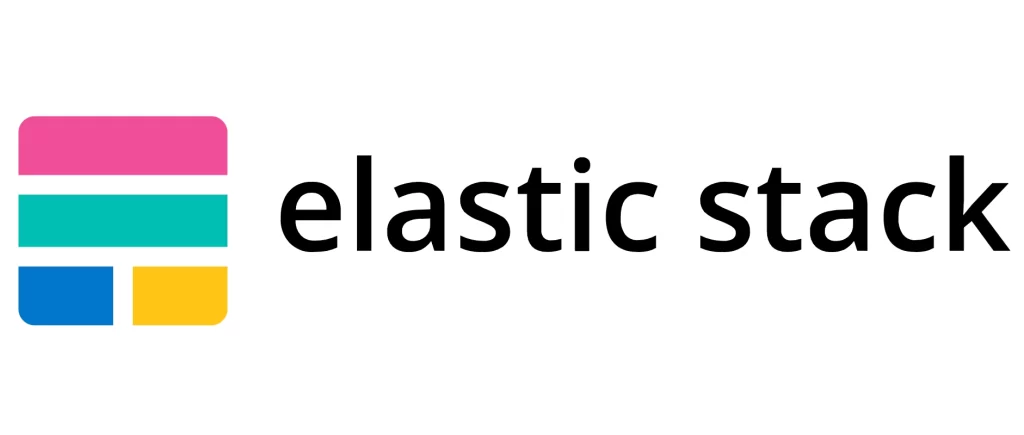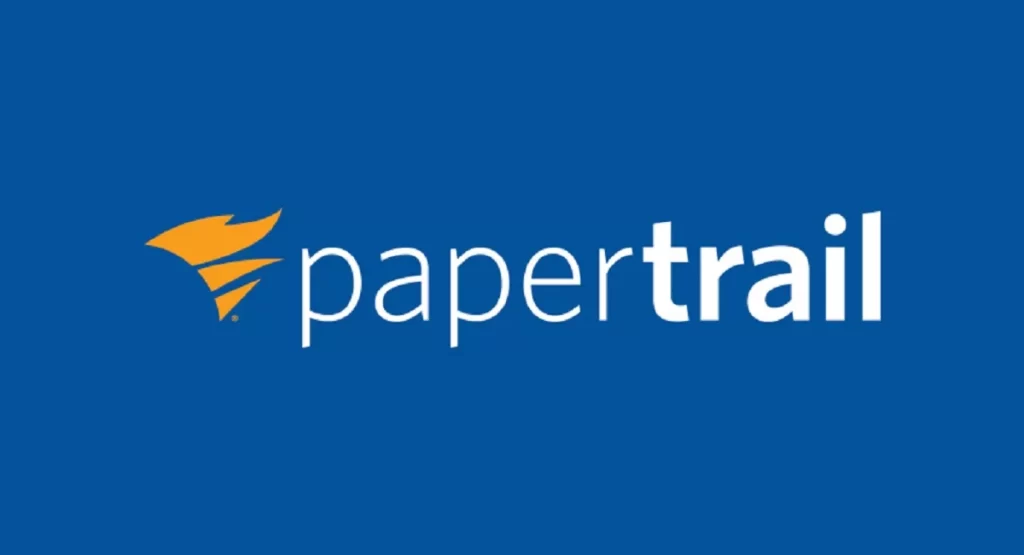In today’s data-driven world, organizations face the challenge of managing and extracting valuable insights from massive volumes of data. Splunk has long been recognized as a leading platform for log management, real-time data analysis, and operational intelligence. Its powerful search capabilities, user-friendly interface, and extensive integrations have made it a go-to solution for many enterprises. However, as the market evolves and technology progresses, organizations are looking for innovative and cost-effective alternatives to meet their specific needs. In this article, we will explore various Splunk alternatives that offer unique features and functionalities, helping businesses make informed decisions and optimize their log management and data analysis processes.
Advancements of Splunk

Splunk has been a trailblazer in the world of log management and real-time data analysis. Its ability to ingest and index vast amounts of data from various sources, including servers, applications, network devices, and sensors, has revolutionized the way businesses understand their operations. Moreover, Splunk’s powerful search language and sophisticated analytics have empowered organizations to gain real-time insights, detect anomalies, and proactively respond to issues.
1. Scalability Challenges
As the volume of data generated by organizations continues to grow exponentially, even a robust platform like Splunk can encounter scalability challenges. As more data is ingested into the system, the complexity of queries and the need for additional resources can strain the infrastructure. In such cases, businesses may experience delays in data retrieval and analysis, affecting the efficiency of their operations.
2. Cost Considerations
While Splunk undoubtedly provides a wide range of features, its licensing costs, storage expenses, and maintenance charges can become prohibitive for smaller companies or startups with limited budgets. The need for cost-effective alternatives that offer similar capabilities has become crucial for organizations looking to optimize their data analysis processes without breaking the bank.
3. Performance Bottlenecks
In situations where organizations deal with massive datasets and complex queries, Splunk may encounter performance bottlenecks. These bottlenecks can hamper data analysis, leading to longer processing times and delayed insights. Businesses require alternatives that can handle high-performance demands efficiently to maintain smooth operations.
The Need for Splunk Alternatives
In response to the challenges posed by scalability, cost, and performance, the demand for Splunk alternatives has grown significantly. These Splunk alternatives come with a diverse range of features and benefits, catering to various use cases and industry requirements. By exploring these alternatives, organizations can find solutions that not only meet their specific needs but also offer potential cost savings and improved performance.
Top Splunk Alternatives for Log Management and Data Analysis

1. Elastic Stack (formerly ELK Stack)
The Elastic Stack, comprising Elasticsearch, Logstash, and Kibana, has gained immense popularity as an open-source solution for log management, data visualization, and real-time analytics. Elasticsearch, a powerful search and analytics engine, efficiently indexes and stores data, while Logstash helps in collecting, processing, and forwarding log data. Kibana, with its intuitive interface, offers interactive visualizations and dashboards, making it easy for users to explore and understand their data.
Scalability and Flexibility
Elastic Stack’s distributed architecture allows seamless scalability, making it an ideal choice for growing businesses dealing with large and diverse datasets.
Advanced Search and Analytics
Elasticsearch’s advanced search capabilities enable users to perform complex queries and retrieve valuable insights from their data swiftly.
Community Support and Plugins
As an open-source platform, Elastic Stack benefits from a vibrant community that continuously develops plugins and extensions to enhance its functionalities.
2. Graylog
Graylog is an open-source log management platform that offers a user-friendly interface and advanced search capabilities. It provides centralized log collection, analysis, and alerting, making it a robust alternative to Splunk.
User-Friendly Interface
Graylog’s intuitive interface simplifies log management and analysis, enabling users to navigate and process data efficiently.
Streamlined Log Collection
The platform’s ability to collect logs from various sources and consolidate them in one place facilitates centralized log management.
Real-Time Alerting
Graylog’s powerful alerting system helps organizations detect and respond to critical events in real-time, ensuring proactive incident management.
3. Loggly
Loggly, a cloud-based log management service offered by SolarWinds enables users to analyze and troubleshoot log data in real-time, providing valuable insights into system performance and user behavior.
Cloud-based Convenience
With Loggly being a cloud-based solution, organizations can quickly get started without the need for complex on-premises infrastructure.
Dynamic Dashboards
Loggly offers interactive dashboards that allow users to monitor and analyze log data in real-time, facilitating rapid decision-making.
Advanced Search and Tagging
The platform’s advanced search and tagging capabilities make it easier to identify specific events and trends within log data.
4. Splunk HEC with Alternative Visualization Tools
Leveraging Splunk’s HTTP Event Collector (HEC), organizations can forward data to alternative visualization tools like Grafana or Kibana. This approach offers more cost-effective options for log analysis and visualization.
Cost Efficiency
By integrating Splunk’s HEC with other visualization tools, organizations can achieve cost savings without compromising on data analysis capabilities.
Diverse Visualization Options
Grafana and Kibana offer a wide array of visualizations, empowering users to present data in ways that suit their unique needs.
5. Grafana with Loki
Grafana, primarily a visualization platform, can be coupled with Loki for log aggregation. This combination provides a scalable and efficient solution for log analysis and monitoring.
Seamless Integration
The integration of Grafana with Loki simplifies log aggregation and analysis, allowing users to leverage the strengths of both tools.
Highly Scalable
With Loki’s efficient log indexing, organizations can manage large volumes of log data with ease, ensuring smooth performance.
6. Fluentd
Fluentd is an open-source data collector that simplifies the process of unifying data collection and forwarding to various data storage and analytics systems.
Versatile Data Collection
Fluentd’s extensive support for various data sources and formats makes it easy to collect and centralize logs from diverse environments.
Easy Integration
The platform’s vast ecosystem of plugins and integrations allows seamless data forwarding to different analytics tools.
7. Apache Kafka with ELK Stack or Custom Applications
Apache Kafka, a distributed streaming platform, can act as a data pipeline to collect, process, and forward logs to ELK Stack or custom applications for analysis.
Data Stream Processing
Apache Kafka’s distributed architecture facilitates real-time data streaming, enabling fast and efficient log processing.
Customization Options
Organizations can tailor the data pipeline according to their specific needs, integrating ELK Stack or custom applications to derive valuable insights.
8. Sumo Logic
Sumo Logic is a cloud-based log management and analytics service that empowers organizations to collect, monitor, and analyze log data from multiple sources.
Cloud-Based Scalability
Sumo Logic’s cloud-based approach ensures easy scalability and reduces the burden of maintaining on-premises infrastructure.
AI-Powered Insights
The platform’s AI-driven analytics help identify patterns and anomalies within log data, facilitating proactive troubleshooting.
9. Papertrail
Papertrail is a cloud-based log management service that prioritizes simplicity and ease of use, making it a suitable choice for smaller teams and projects.
Streamlined Log Management
Papertrail’s straightforward setup and user-friendly interface make it an accessible solution for small to medium-sized businesses.
Real-Time Log Streaming
The platform’s ability to stream logs in real-time ensures rapid access to critical information and timely response to issues.
Features and Benefits of Splunk Alternatives

1. Cost-effectiveness
Many Splunk alternatives offer flexible pricing models, including open-source options, allowing organizations to manage their budgets more efficiently. With these alternatives, businesses can access powerful log management and data analysis capabilities without incurring excessive costs.
2. Scalability
Some alternatives are built to handle large volumes of data efficiently, ensuring seamless performance and analysis as data grows. This scalability is crucial for organizations experiencing rapid data expansion.
3. Ease of Use
Several alternatives come with user-friendly interfaces and simplified configurations, making it easier for users to adopt and implement them quickly. This ease of use minimizes the learning curve and enhances overall productivity.
4. Customization
Unlike one-size-fits-all solutions, some alternatives offer customization options, enabling businesses to tailor the platform to their specific requirements. This flexibility ensures that organizations can adapt the solution to their unique use cases and preferences.
Conclusion
Splunk has undoubtedly been a pioneer in log management and data analysis, revolutionizing the way organizations derive insights from their vast data sources. However, with the ever-changing landscape of technology and the increasing demand for cost-effective and scalable solutions, the need for Splunk alternatives has become more prominent. From the scalability of Elastic Stack to the simplicity of Graylog and the cost-effectiveness of Papertrail, organizations have an array of choices to meet their specific log management and data analysis requirements. By considering the features and benefits of these alternatives, businesses can make informed decisions and find the perfect match to optimize their data analysis processes effectively.








